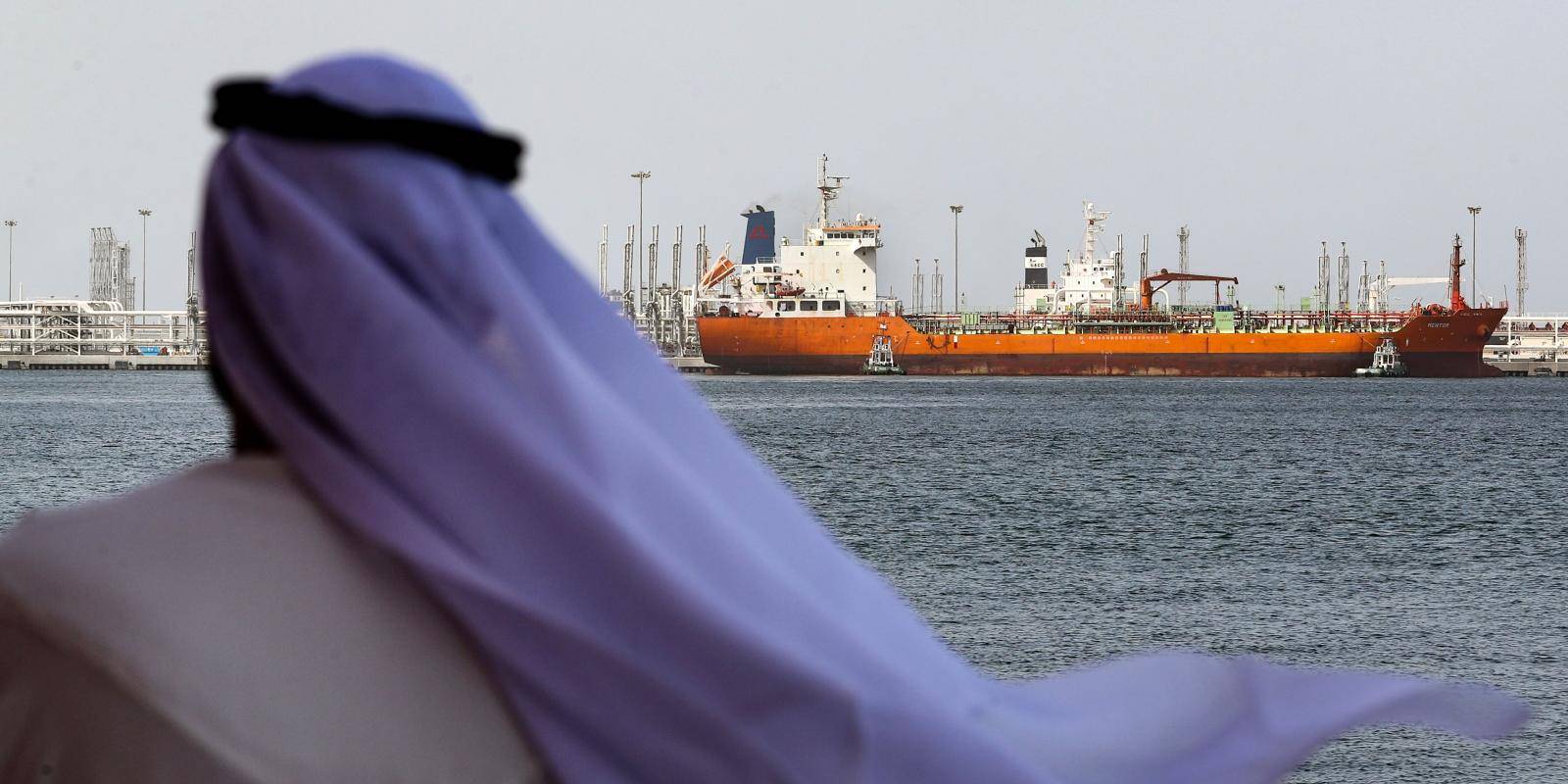The effects of the war in Gaza on the Gulf economy

The war in Gaza has had far-reaching consequences, not only on the lives of the people directly affected but also on the economies of the surrounding regions. In this article, we will explore the effects of the war in Gaza on the Gulf economy. The Gulf, known for its oil-rich nations and thriving economies, has not been immune to the impact of this conflict. From geopolitical strains to energy market shocks, the war in Gaza has left its mark on the Gulf region.

- Geopolitical Strains and Regional Stability
The war in Gaza has created significant geopolitical strains in the Gulf region. The conflict has heightened tensions between nations and has the potential to disrupt regional stability. Gulf countries, which have traditionally played a role in mediating conflicts, find themselves navigating a delicate balance between supporting their allies and maintaining stability within their own borders. The uncertainty and instability caused by the war can have a ripple effect on the Gulf economy.
- Energy Market Shocks
One of the key areas where the war in Gaza has impacted the Gulf economy is the energy market. The Gulf region is a major player in the global oil market, and any disruption in the region can have significant consequences. The conflict has raised concerns about the security of oil supply routes and has led to increased oil prices. This, in turn, can affect the cost of production and transportation, leading to higher prices for consumers and businesses alike. The energy market shocks caused by the war in Gaza can have a direct impact on the Gulf economy.
- Trade and Investment
The war in Gaza has also affected trade and investment in the Gulf region. The uncertainty and instability caused by the conflict can make investors hesitant to commit their resources to the region. Businesses may delay or cancel investment plans, leading to a slowdown in economic growth. Additionally, trade routes and transportation infrastructure can be disrupted, affecting the flow of goods and services. The war in Gaza has created an environment of uncertainty that can have a negative impact on trade and investment in the Gulf.
- Humanitarian Aid and Reconstruction
The war in Gaza has resulted in significant humanitarian needs and the need for reconstruction efforts. Gulf countries have historically played a role in providing humanitarian aid and supporting reconstruction projects in conflict-affected areas. The war in Gaza has increased the demand for humanitarian assistance and reconstruction support. Gulf economies may allocate resources to provide aid and contribute to the rebuilding of Gaza, which can have an impact on their own economic priorities and development plans.
Conclusion
The war in Gaza has had wide-ranging effects on the Gulf news. From geopolitical strains to energy market shocks, trade disruptions, and the need for humanitarian aid and reconstruction, the conflict has left its mark on the region. As the Gulf countries navigate the aftermath of the war, it is crucial to find a balance between supporting their allies and maintaining stability within their own borders. The long-term economic consequences of the war in Gaza on the Gulf economy will depend on how these challenges are addressed and overcome.







